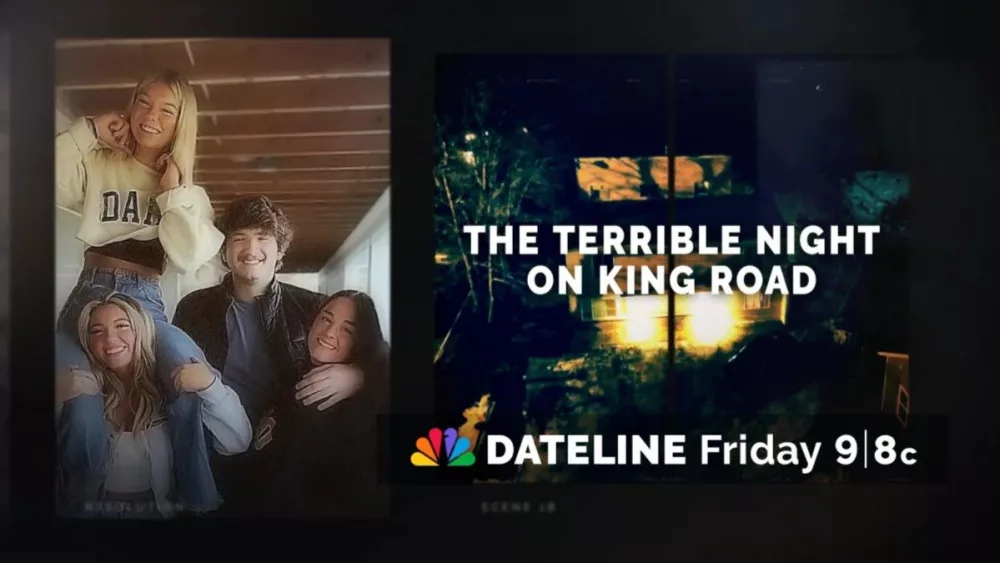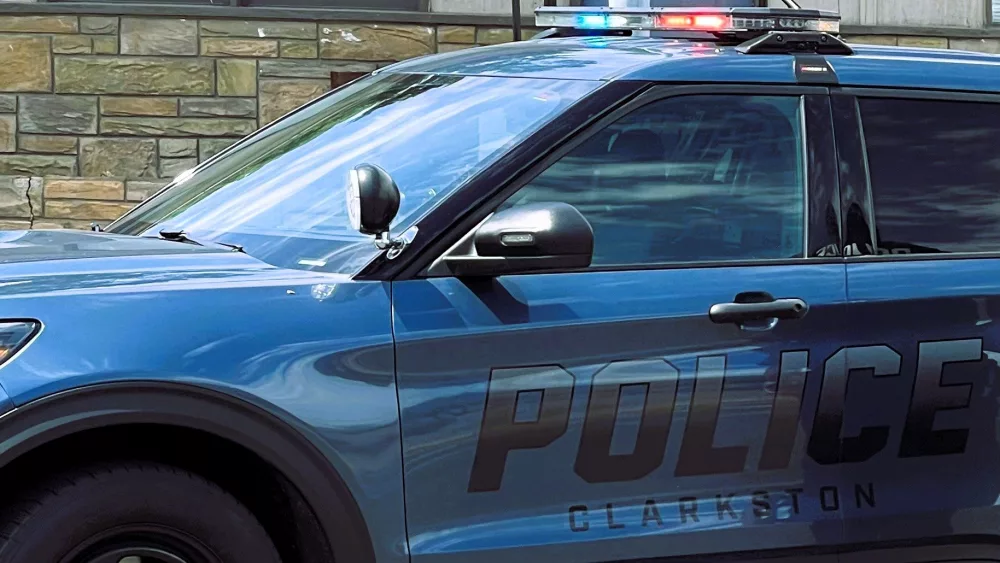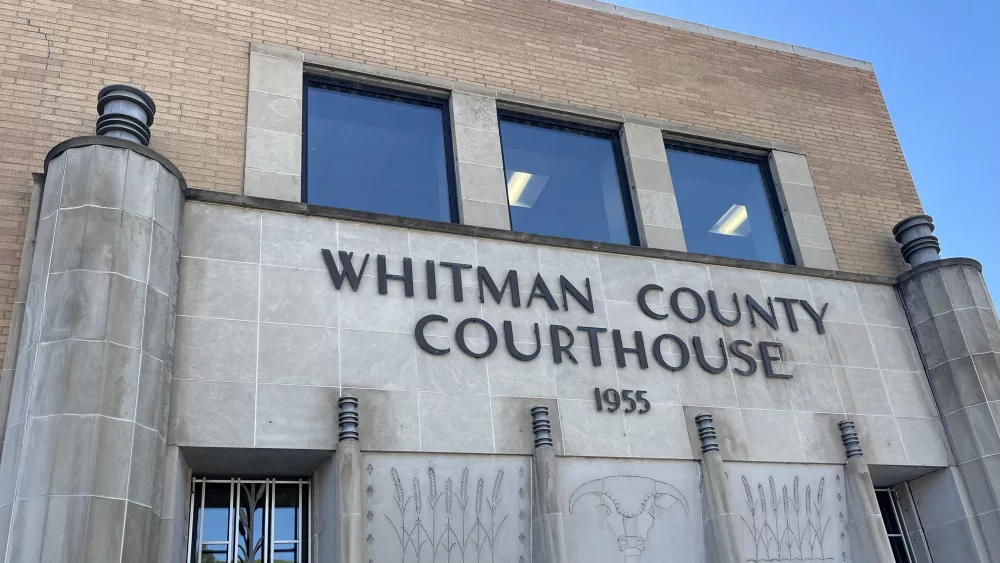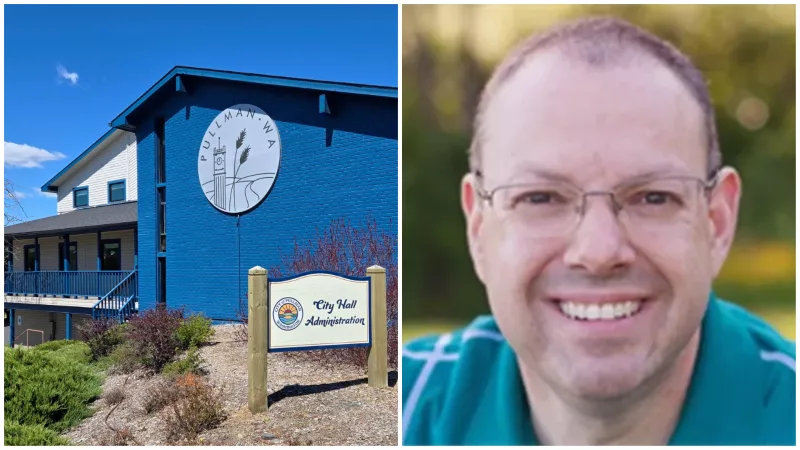Pullman, WA- Veterinarians at Washington State University are seeking aspiring wildlife rehabilitators to help address a severe wildlife rehabilitator shortage throughout eastern Washington.
“Wildlife rehabilitation is a public service, and we want to help the people who want to help these animals,” said Dr. Marcie Logsdon, wildlife veterinarian at WSU’s College of Veterinary Medicine. “We want to be able to provide better care for these animals when they come in and we think we can achieve this by involving the community.”
There are just seven permitted wildlife rehabilitators, including WSU, in eastern Washington. According to the Washington State Department of Fish and Wildlife website, WSU is the only 24-hour emergency service for wildlife rehabilitation in Washington east of the Cascades, just one of two that takes in mammals, and the only facility that will take in orphaned or abandoned mammals.
On average, WSU’s Veterinary Teaching Hospital provides care to over 200 wild mammals every year, many of which are orphaned or abandoned baby squirrels, raccoons, or rabbits.
Logsdon said care of these young orphaned and abandoned mammals is the greatest need.
“If you have a raptor with a broken leg or a fox that’s been hit by a car, we are the place to bring it; we do exceptionally well at providing care and managing that. We are not inherently better at raising a baby squirrel. We do it because somebody needs to, but a wildlife rehabilitator can do an excellent job of raising up a baby squirrel to release and those are the skills we hope to focus on,” Logsdon said.
Six months or 1,000 hours of experience working with a permitted wildlife rehabilitator is required to become a permitted wildlife rehabilitator in Washington state. By offering hands-on volunteer and network opportunities at WSU’s Veterinary Teaching Hospital, Logsdon hopes to increase access for the public to reach this requirement.
Licensed Technician Alexis Adams, along with Dr. Nickol Finch, also helps manage the care of the exotics and wildlife patients in the Veterinary Teaching Hospital. Adams said an increase in pet ownership during the COVID-19 pandemic and the need to care for more client-owned animals only exacerbated the urgency for more permitted wildlife rehabilitators.
“The reason we’re reaching out to the public now is that it’s coming down to hard times for a lot of facilities,” Adams said. “The veterinary profession has gotten really, really busy since COVID and a lot of the clinics that used to be willing to take wildlife in are having to cut down on that because they just don’t have the manpower.” This has led to an increase in the amount of wildlife coming to WSU.
Logsdon said filling the wildlife rehabilitator void also speaks to the university’s land-grant mission. “We’re here to positively impact the state and this effort is for the benefit of the health of the animals throughout Washington,” she said.
There are two other hurdles facing wildlife needing treatment in Eastern Washington: how to get to the clinic and where they go afterwards. Because WSU services such a large area, often injured wildlife has no ride to get to the clinic. For releases, most animals can return where they were found but, in some circumstances, they must be relocated elsewhere. To help address these needs WSU’s wildlife department is seeking out potential volunteer wildlife transporters from the Clarkston, Spokane, Tri-Cities and Walla Walla areas who could shuttle injured wildlife to WSU for treatment. Property owners who are interested in the release of these animals on their land are also needed.




